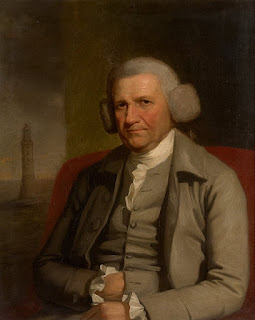GOOGLE AI: BARD
Google Bard is a new AI chatbot that has been making waves in the tech world. It is powered by a large language model (LLM) called LaMDA, which allows it to generate text, translate languages, write different kinds of creative content, and answer your questions in an informative way. Bard is still under development, but it has already learned to perform many kinds of tasks, including
- Following instructions and completing requests thoughtfully.
- Answering your questions in a comprehensive and informative way, even if they are open ended, challenging, or strange.
- Generating different creative text formats of text content, like poems, code, scripts, musical pieces, email, letters, etc.
Bard is still under development, but it has the potential to be a powerful tool for a variety of tasks. It could be used for customer service, education, creative writing, and more. Google is still working on improving Bard, and it is not yet clear when it will be available to the public. However, it is an exciting development in the field of AI, and it is worth keeping an eye on.
Here are some of the potential benefits of Google Bard:
- It could help to improve customer service by providing more personalized and informative responses to customer inquiries.
- It could help to make education more accessible and engaging by providing personalized learning experiences for students.
- It could help to foster creativity by providing tools and resources for people to express themselves in new and innovative ways.
Of course, there are also some potential risks associated with Google Bard. For example, it could be used to generate fake news or propaganda, or it could be used to create deepfakes that could be used to deceive people. It is important to be aware of these risks and to use Bard responsibly.
Overall, Google Bard is an exciting new development in the field of AI. It has the potential to be a powerful tool for a variety of tasks, but it is important to be aware of the potential risks associated with it.



Comments
Post a Comment